
by radiocafe | Jan 26, 2018 | Activism, Politics, Santa Fe New Mexican
… and what undermines it? Money, corruption, inadequate laws, lack of enforcement of good laws … and the sense of despair that there are no solutions. But there are good, bipartisan solutions, according to Meredith McGehee of IssueOne.org.
Learn more & listen …

by radiocafe | Jan 10, 2018 | Activism, Politics, Santa Fe New Mexican
Most legislators spend more than half their time asking for money instead of legislating. John Pudner talks about this deep DC dysfunction and how to achieve meaningful reform.
Learn more & listen…
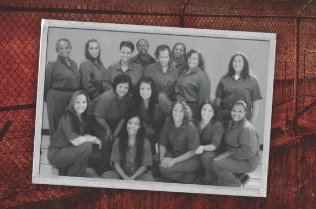
by radiocafe | Dec 21, 2017 | Activism, Santa Fe New Mexican
Andrea James has seen the criminal justice system from inside and out, and tell us how it works against the most vulnerable people in our society — especially women and families.
Learn more & listen …
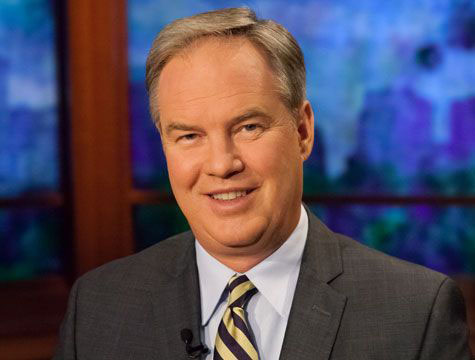
by radiocafe | Dec 6, 2017 | Activism, Politics, Santa Fe New Mexican
Trevor Potter, Founder of the Campaign Legal Center, takes a detailed look at how dark money in politics affects ordinary people.
Learn More & listen …
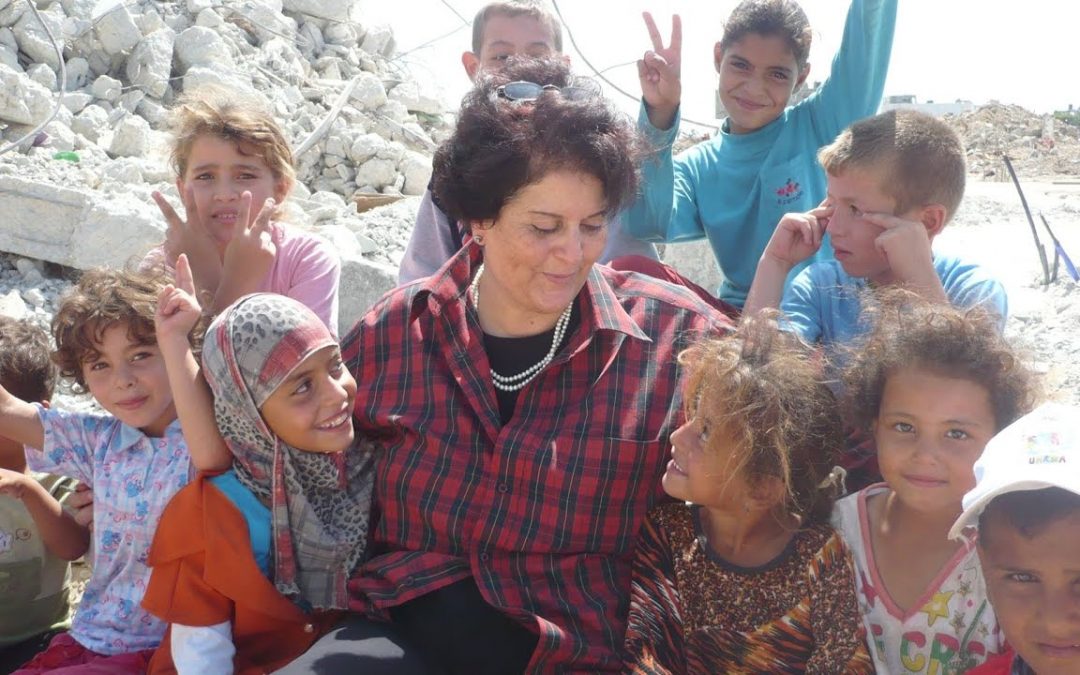
by radiocafe | Dec 1, 2017 | Activism, Santa Fe New Mexican
Dr. Mona El-Farra has been practicing medicine for decades, working with trauma survivors, and advocating for things like clean water and places for children to play.
Learn more & listen …
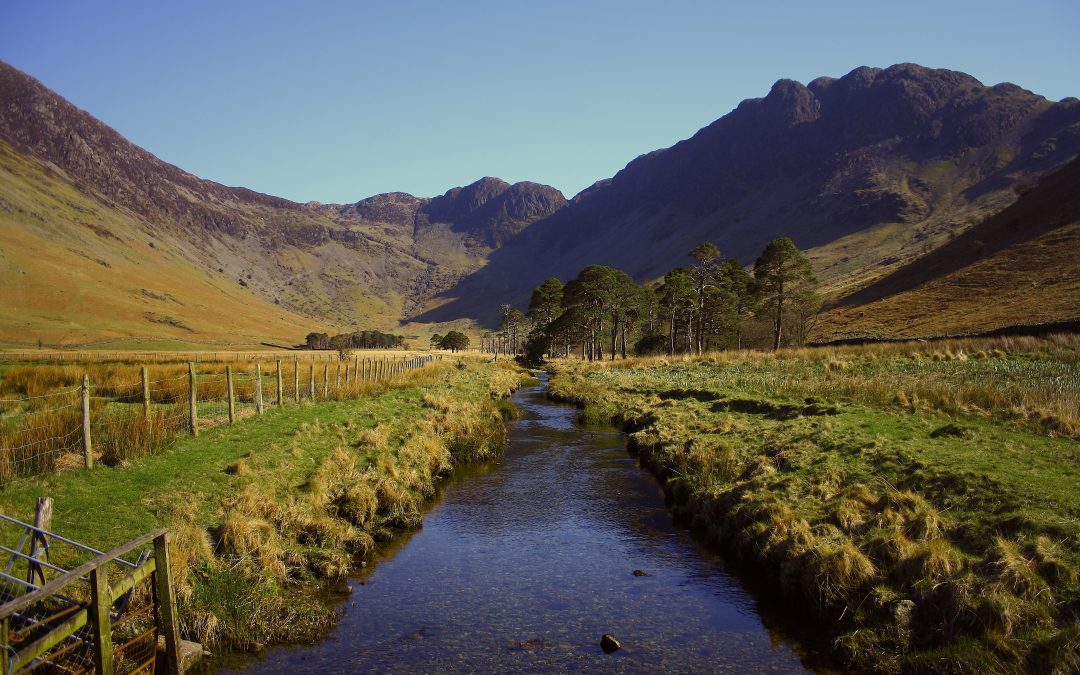
by radiocafe | Oct 31, 2017 | Activism, Down to Earth
Sandra Postel is an expert on water, and on balancing the needs of water users in creative ways, so that both wildlife and food can flourish. Yes, it can be done. And needs to be done a whole lot more.
Learn more…
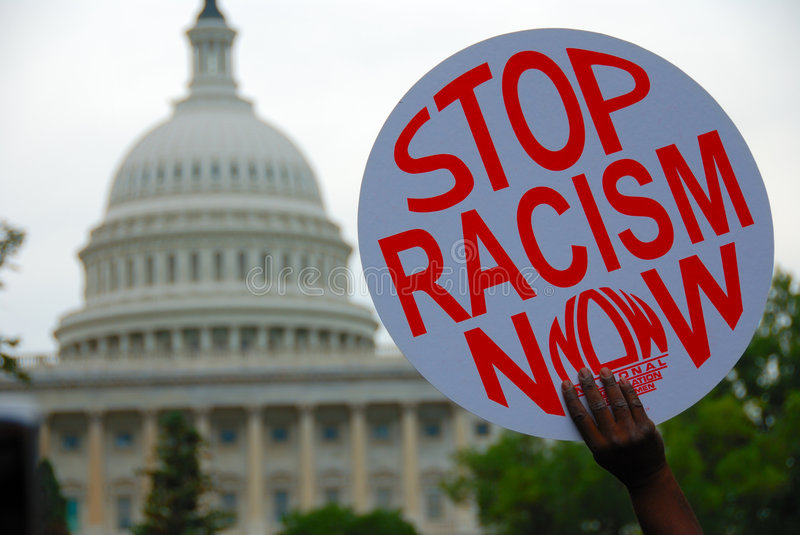
by radiocafe | Sep 25, 2017 | Activism, Race/class/gender
Counselor Tatiana Smith has started a podcast for people of color, to challenge the stigma around mental health care that many carry, and to help people become more resilient in the face of our current challenges.
Learn More…
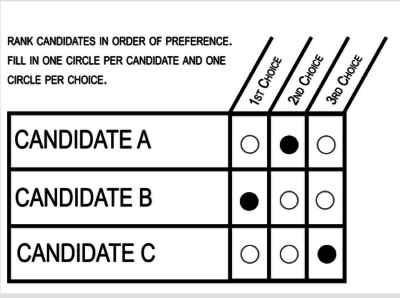
by radiocafe | Sep 11, 2017 | Activism, Politics
What happens when citizens vote for something and elected officials withhold it? Santa Fe, NM, is dealing with how people vote in the upcoming city council and mayoral elections.
Learn More…
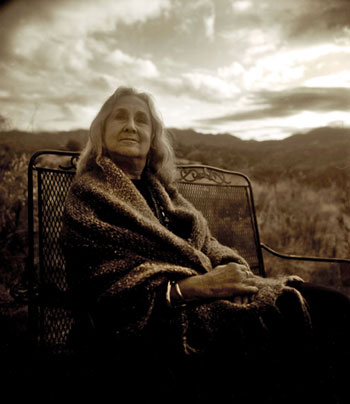
by radiocafe | Sep 6, 2017 | Activism, Books
Deena Metzger has been an activist all her life. A poet, writer, teacher, and healer, she takes her work on as a life journey with a commitment to depth of feeling and beauty as well as political action.
Learn More…

by radiocafe | Aug 18, 2017 | Activism, Environment
Is it possible to have a robust economy that does not lead to massive ecosystem destruction? Stuart Scott is an ecosocial strategist, and what he has to say is outside today’s mainstream of political and economic thinking. But he may just be right. Listen and decide for yourself.
Learn More…
Page 9 of 10«12345678910»










